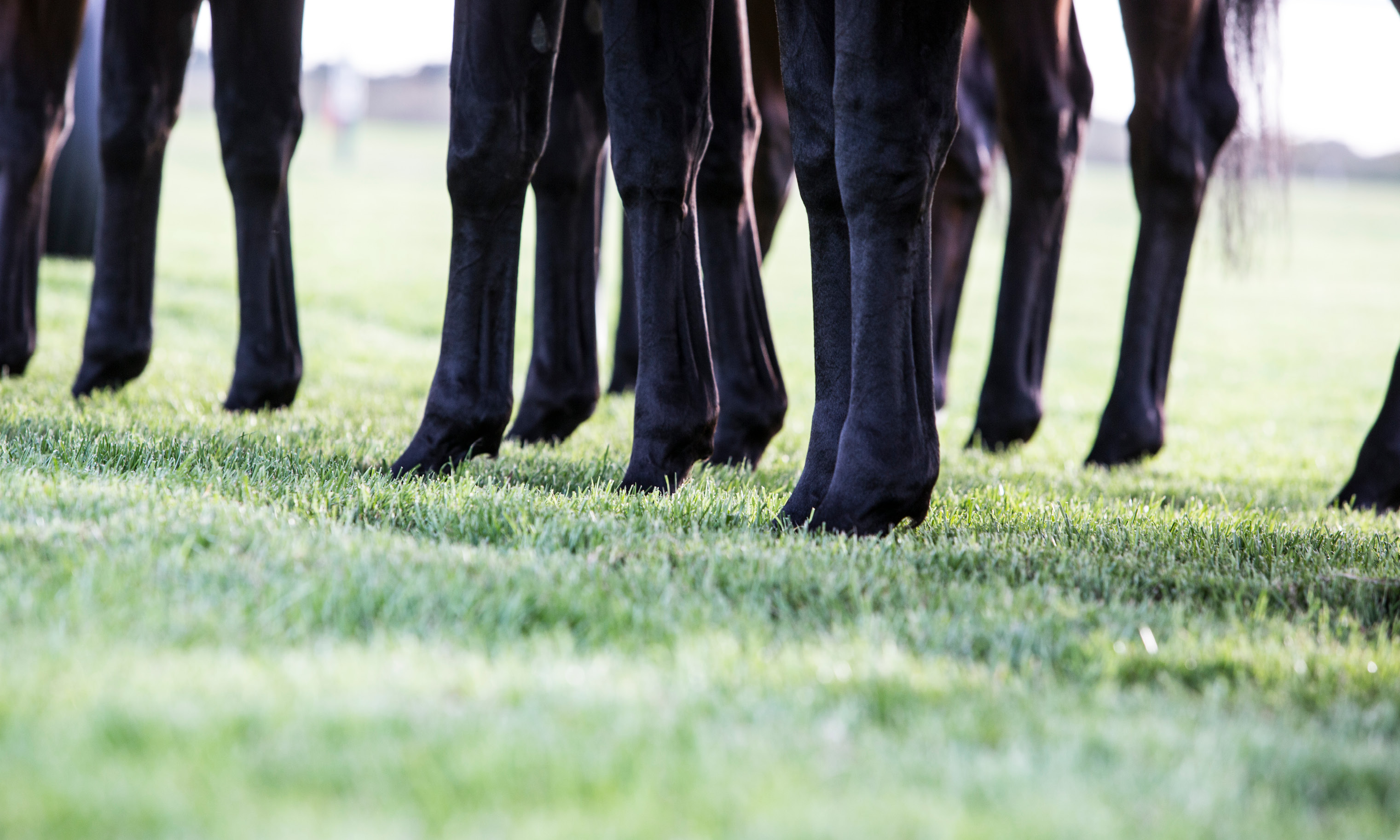
The BHA is seeking to amend the Rules of Racing to avoid weakening the ability for penalties to be imposed for breaching the equine anti-doping rules.
It follows a decision by the independent Appeal Board to dismiss a BHA appeal against a previous independent Disciplinary Panel decision not to impose a penalty on trainer Philip Hobbs for breaching racing’s strict liability rules. The Panel decided that Mr Hobbs had established the administration of the drug was unintentional and had taken all reasonable precautions so he should not be penalised.
The BHA’s Chief Regulatory Officer Jamie Stier said:
“This appeal was brought to seek clarification in relation to the interpretation of Rule (G)11.4.
“Whilst the Appeal Board’s judgment does not challenge the principle of strict liability, it has shown there is an issue with the way the Rules of Racing are currently written.
“In order to address the point raised by the Appeal Board, there needs to be an amendment to the current rules.”
The Appeal Board disagreed with the BHA that the current rule logically requires a Responsible Person to establish the probable source of the prohibited substance in order to show that it was not administered intentionally and all reasonable precautions had been taken. They stated that “if Responsible Persons were to be subject to that regime, we would firmly have expected the existence of a Rule expressly imposing it.” As a result the BHA will now explore expressly setting out this principle in the rules.
It was and is the BHA’s view that the Responsible Person is by definition responsible for ensuring that no prohibited substances are found in the horse’s system at any relevant time.
Jamie Stier continued:
“We are proud of the approach of British racing to doping violations. International and UK owners invest tens of millions in our sport because we have a good reputation for maintaining a level playing field and fair competition.
“Racing cannot afford to see this reputation undermined so it is imperative we move swiftly to ensure that a proper framework is in place to underpin a robust anti-doping policy.
“A sufficient deterrent is fundamental to the enforcement of a effective anti-doping regime in any sport and therefore it is of vital importance that the principle of strict liability is backed up with appropriate penalties.’”
Background notes to editors:
1. The underlying principle of strict liability is adopted by all signatories to Article 6 of the International Federation of Horseracing Authorities’ (IFHA) International Agreement. Equine anti-doping rules are in place to provide a level playing field for all competitors, and to ensure that substances which may have the capacity to effect performance or impact on a horse’s welfare are not administered to horses involved in our sport.
Regardless of intent or motive, under the Rules of Racing the trainer is the person responsible for any prohibited substance found in a horse in their care. The burden to establish that a prohibited substance was not administered intentionally, or caused to be administered, by the responsible person or any person unconnected – or that they have taken all reasonable precautions to prevent an unintentional administration – lies upon the responsible person. For the burden to prove this to fall on the regulator would create an unmanageable system that would make proper enforcement of a robust anti-doping regime impossible.
The BHA is already working on a significant re-write of the Rules of Racing to make them clearer and easier to navigate, the results of which are due to be published in the second half of next year.
2. The Appeal Board’s full result and reasons can be viewed here.
3. You can view the relevant section of the Rules of Racing here.
